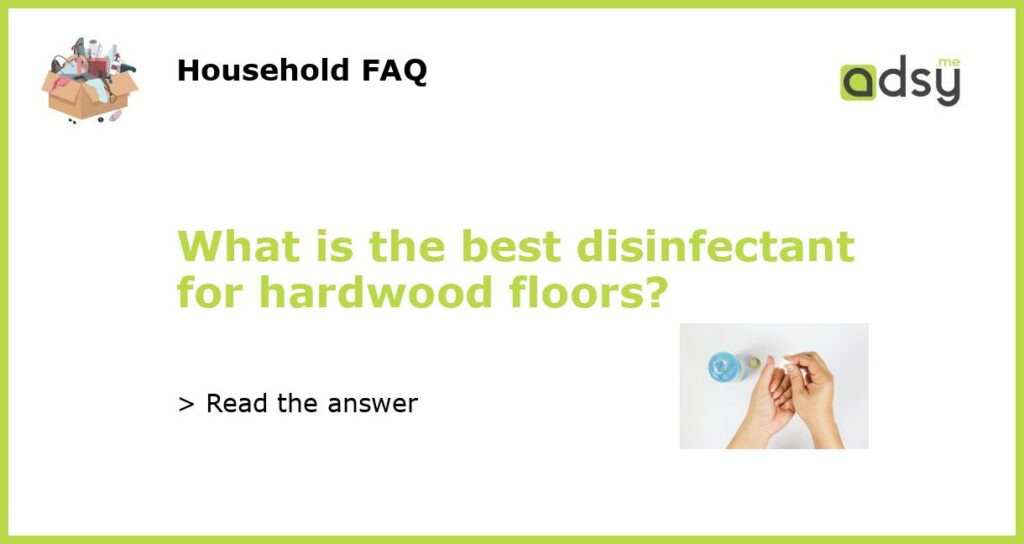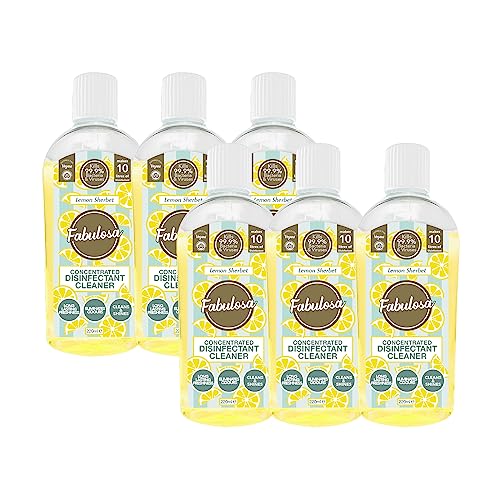The benefits of using disinfectants on hardwood floors
Hardwood floors make a beautiful addition to any home, but they require special care and attention to keep them looking their best. One of the best ways to care for hardwood floors is to regularly disinfect them. Disinfecting your hardwood floors not only helps to keep them clean and free of germs and bacteria, but it can also extend the life of your flooring. However, with so many disinfectant options on the market, it can be difficult to know which one is the best for your hardwood floors.
The dangers of using harsh chemicals on hardwood floors
While disinfecting your hardwood floors is important, it’s also critical to use the right disinfectant. Harsh chemicals can damage your hardwood floors, leaving them looking dull and worn out. Additionally, some disinfectants can strip away the protective coating on your hardwood floors, making them more susceptible to scratches and other damage. To avoid these problems, it’s important to choose a disinfectant that is specifically designed for use on hardwood floors.
The top disinfectants for hardwood floors
When it comes to disinfecting hardwood floors, there are several options to choose from. One of the best options is a pH-neutral disinfectant, which is gentle enough to use on hardwood floors without causing any damage. Another great option is a hydrogen peroxide-based disinfectant, which is effective against a wide range of germs and bacteria without damaging your hardwood floors. Additionally, many people choose to use natural disinfectants, such as vinegar or essential oils, which can be just as effective at removing germs and bacteria from your hardwood floors.
Tips for disinfecting hardwood floors
When disinfecting your hardwood floors, it’s important to follow a few key tips to ensure that you don’t damage your floors. First, make sure to sweep or vacuum your hardwood floors before disinfecting them, as dirt and debris can scratch the surface of your floors. Additionally, make sure to dilute your disinfectant properly and follow the manufacturer’s instructions carefully. Finally, avoid using a wet mop to clean your hardwood floors, as excess moisture can damage the wood. Instead, use a damp cloth or mop to gently clean your floors.
The bottom line
The best disinfectant for your hardwood floors will depend on your specific needs and preferences. However, by choosing a gentle disinfectant that is specifically designed for use on hardwood floors, you can protect your flooring while keeping it clean and free of germs and bacteria.






